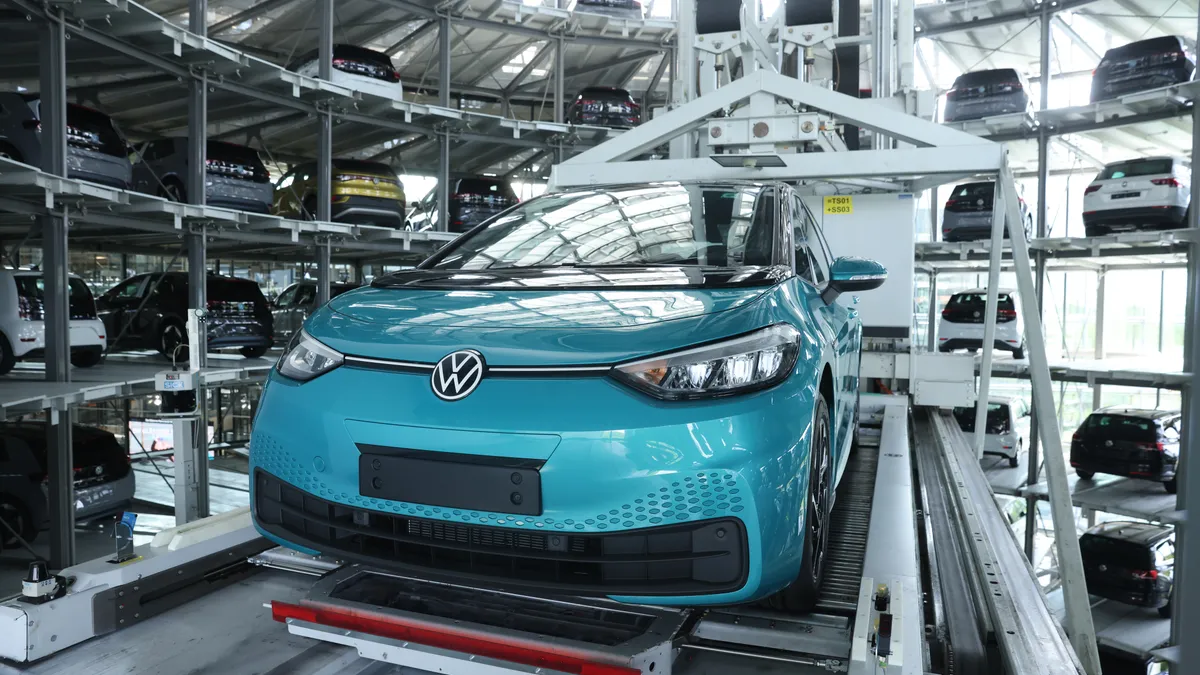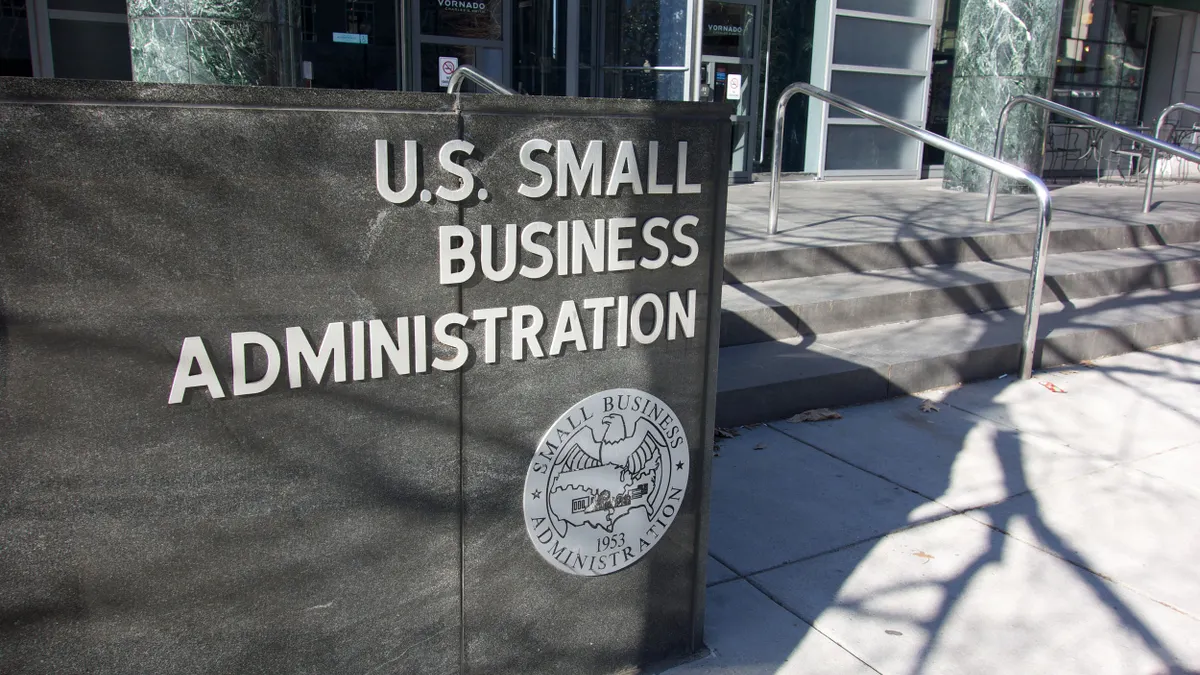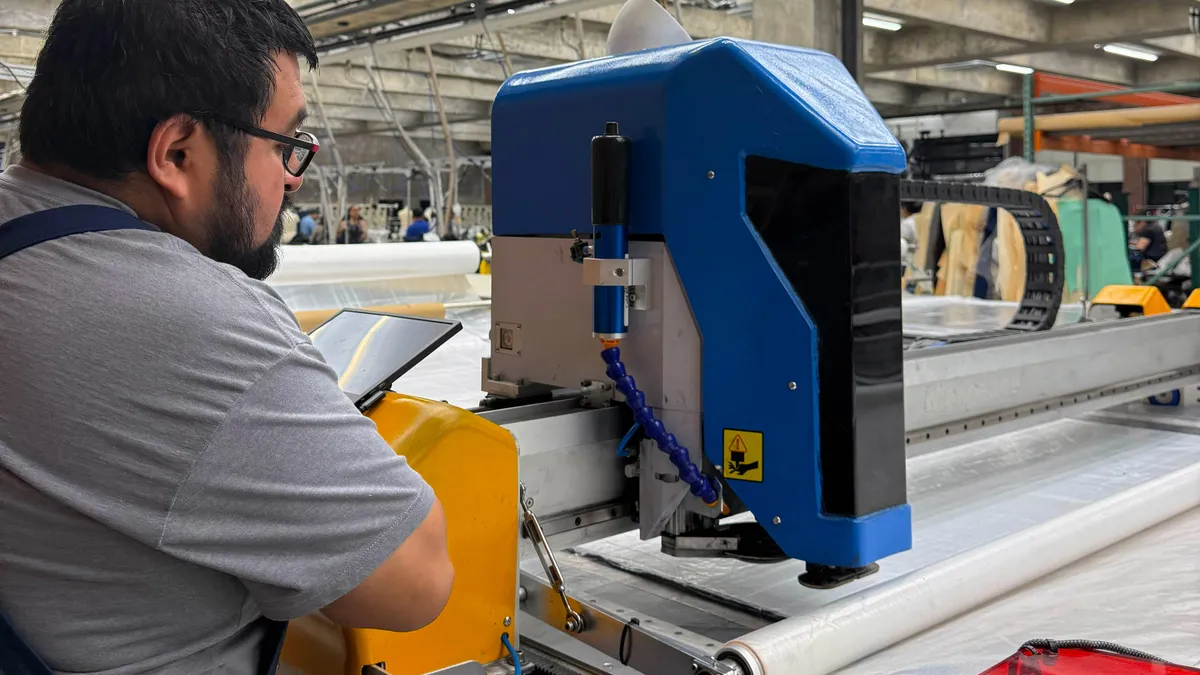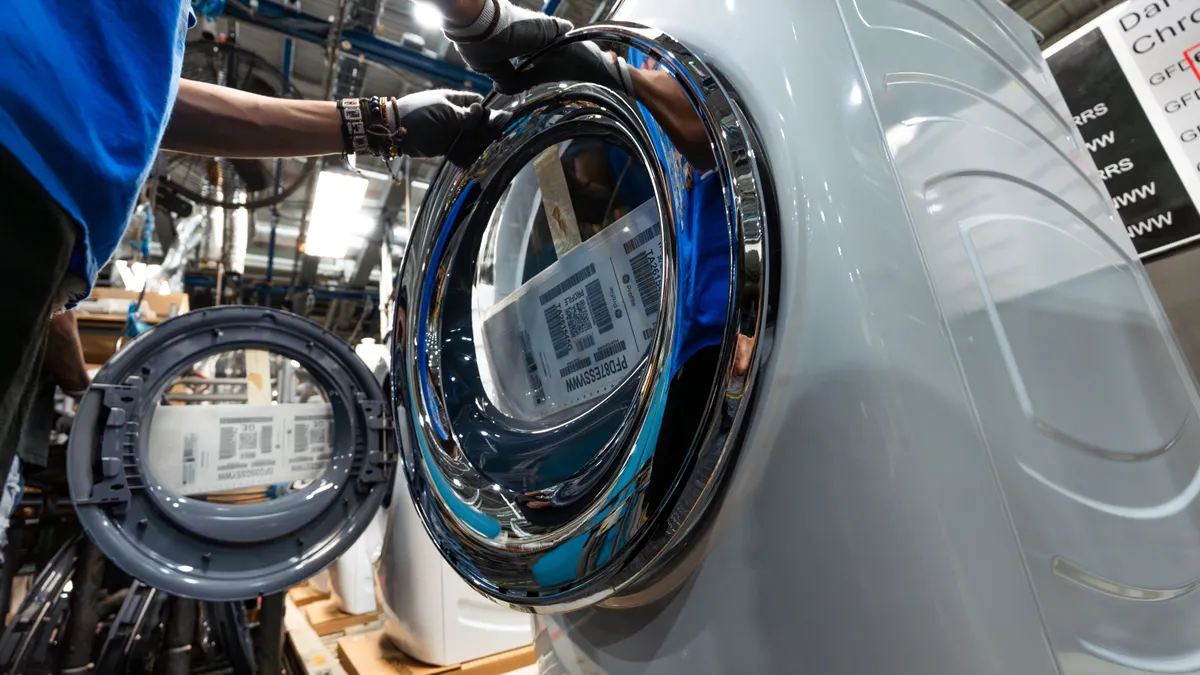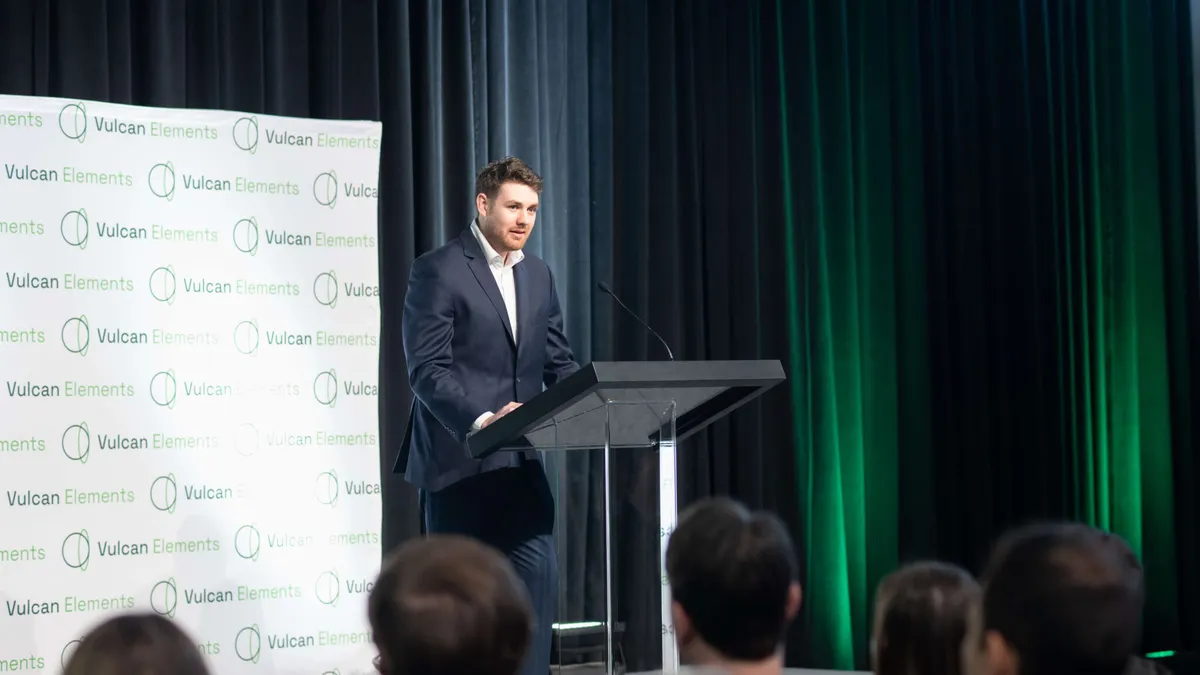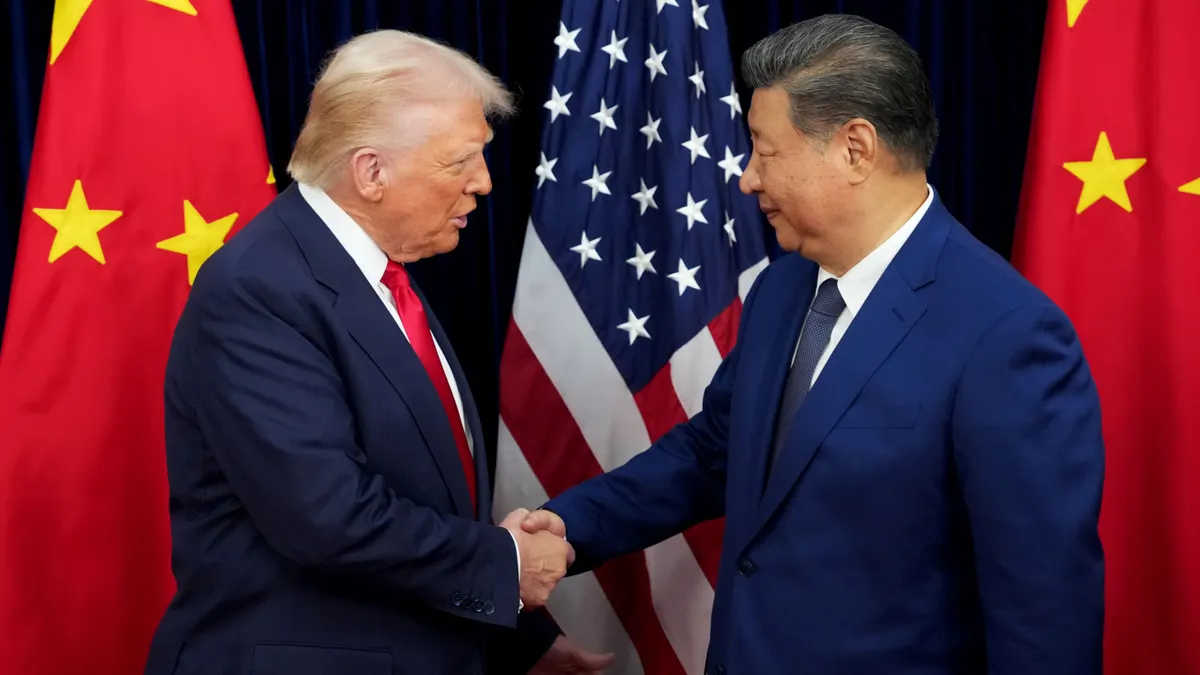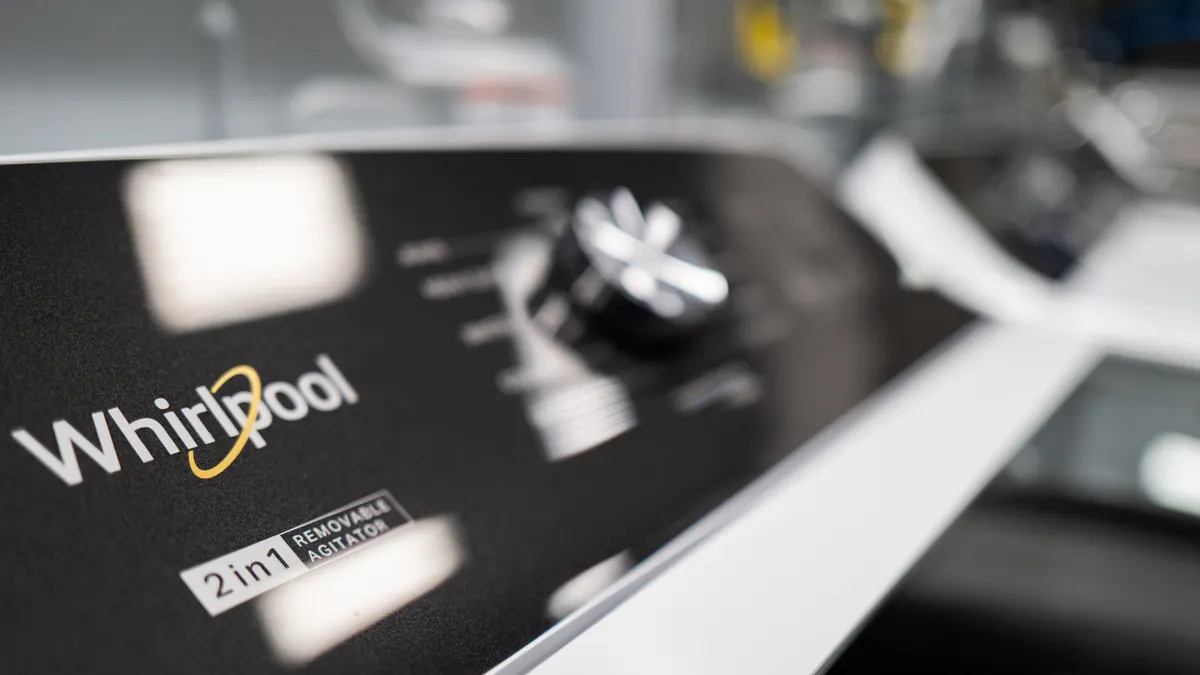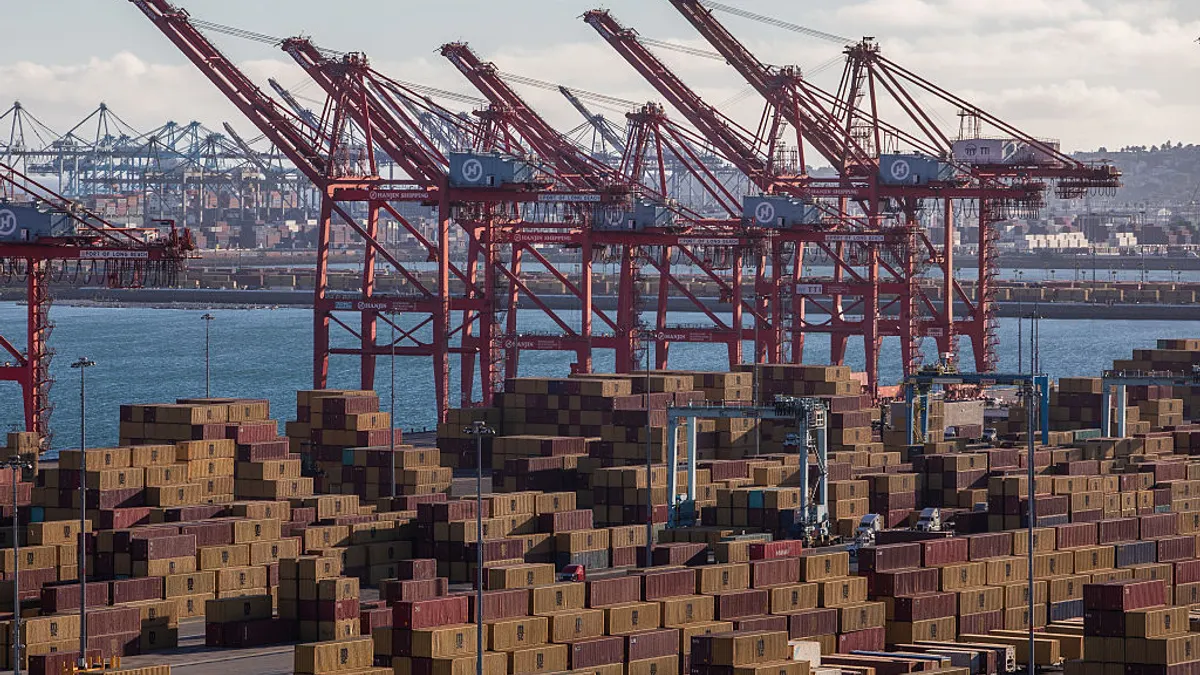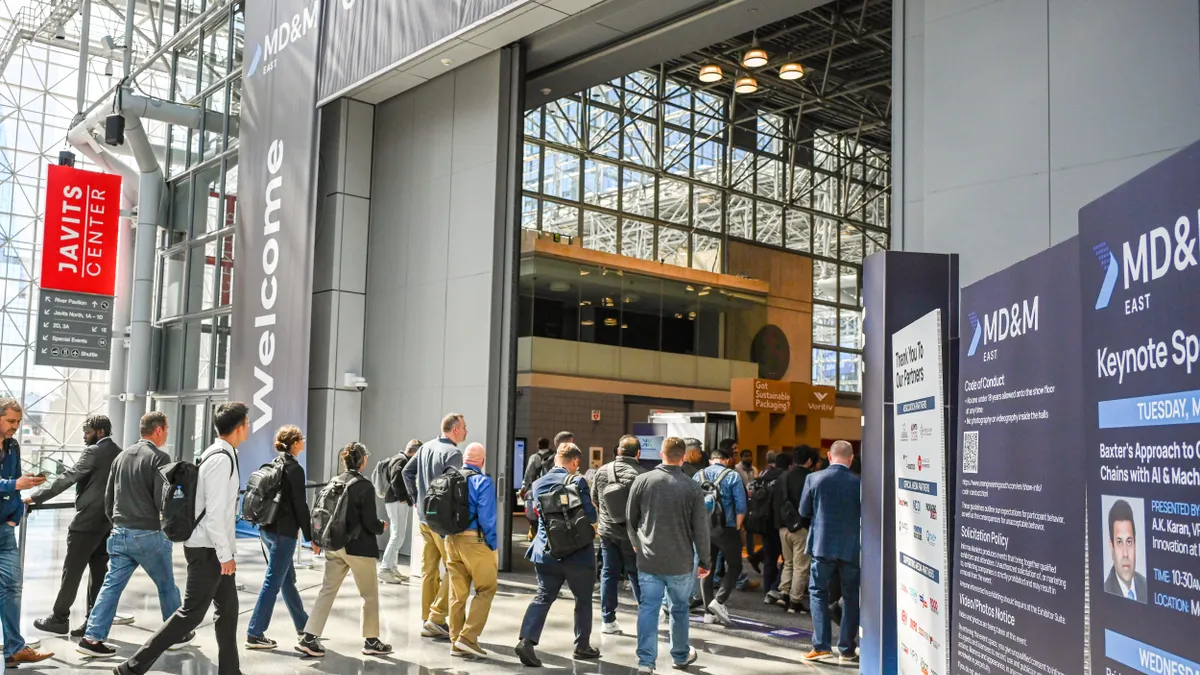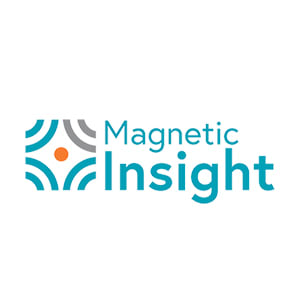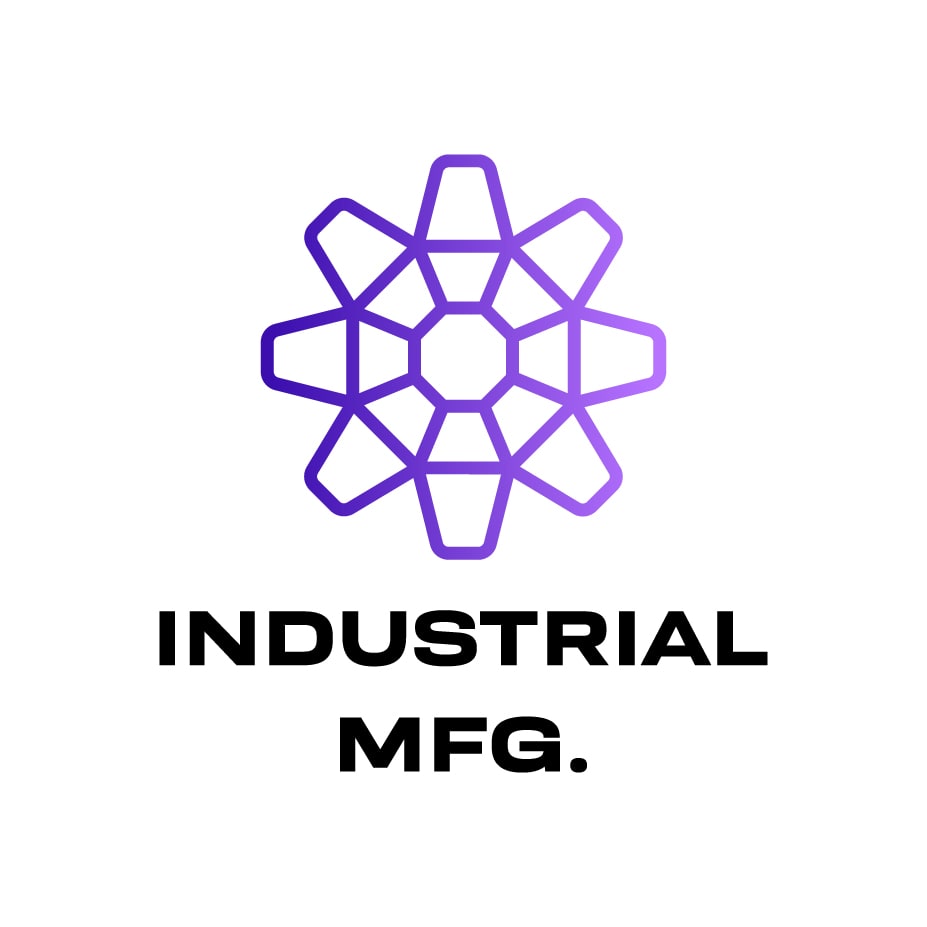Auto companies around the world are ramping up their U.S. investments following the Inflation Reduction Act’s passage, but a certain phrase in the law — “foreign entity of concern” — is giving some of them pause.
The phrase refers to a specific list of non-allied countries with the U.S. known as "covered nations," including North Korea, Russia, Iran, and most notably for automakers, China.
These countries are regulated against in the law, limiting or barring to what degree companies can source materials from them.
The Inflation Reduction Act states that starting in 2024, vehicles seeking to qualify for the law's EV tax credits "cannot have battery components manufactured or assembled by a foreign entity of concern." And starting in 2025, "qualifying vehicles’ batteries cannot contain critical minerals extracted, processed, or recycled by a foreign entity of concern."
China’s critical mineral dominance makes shifting sourcing networks difficult
Those stipulations are causing anxiety for automakers that have historically relied on China for critical mineral supply.
China dominates the critical mineral industry. The country was the largest global importer of lithium in 2021 and refines approximately 59% of the world's supply of the mineral.
Other minerals vital to battery production are no different. China produced 79% of the world's graphite supply in 2021, and refines approximately 73% of global cobalt supply, according to a July 2022 report from the Brookings Institute.
While a few lithium and graphite mines are underway in North America with projects in Nevada and Quebec, the number dwindles compared to those owned and operated by China. The issue has automakers scrambling to invest in mineral processors and mines themselves in an attempt to take greater domestic control of their supply chains and qualify for the tax credits.
Automakers want clearer IRA guidance, permitting reform for mines
How automakers circumvent this dominance to produce EVs that qualify for the Inflation Reduction Act's tax credits was a key concern voiced by leaders from GM, Ford, Hyundai and Volkswagen during a panel at last week's Battery Gigafactories USA 2023 conference in Washington, D.C.
Executives outlined potential challenges with ensuring their vehicles comply with the Inflation Reduction Act's more stringent sourcing requirements, particularly regarding the extraction and procurement of raw materials.
Donald Davidson, senior manager of public policy and strategy at Volkswagen, noted during the panel that under the Inflation Reduction Act's sourcing regulations, most of the company's current EV models were "ineligible."
"If we are looking to expand the market . . .we have to really think about how we're implementing this provision,” Davidson said.
When it comes to how companies would like the law's guidance to be amended, GM's Director of EV Policy Michael Maten said the automaker is focused on the allowance of procurement from "resource rich" countries that have stores of minerals like lithium and nickel.
Ford Policy Strategist and Managing Counsel Evan Belser highlighted the need for diplomacy to work with allied countries on sourcing agreements for critical minerals, calling out Indonesia, Argentina and Brazil. Ford announced its investment in an Indonesia-based nickel facility in March.
If automakers are to source the bulk of their critical minerals from domestic or allied sources, executives said the U.S. needs to pass mine permitting reform to expedite the approval process and limit litigation.
Congress and the White House are currently considering updates to the country's mining law to speed the process, including a bill introduced in the House of Representatives in January to expedite the approval process for mines on federal land.
Belser said he is confident automakers and other stakeholders can extract and process minerals in a "responsible way," and should share best practices around community engagement.
David Schwietert, chief policy officer for the Alliance for Automotive Innovation, underscored what he said is a vital need for lawmakers to offer greater clarity regarding the Inflation Reduction Act's sourcing guidance before they are implemented in six months.
"Right now, the industry, we're working closely with Treasury, but we need certainty because from a supply chain standpoint, January is not that far away," he said. "You don't just wake up tomorrow at any one of these companies and say, 'you know what, go find another cathode or anode producer because I don't know what the rules are.’”



